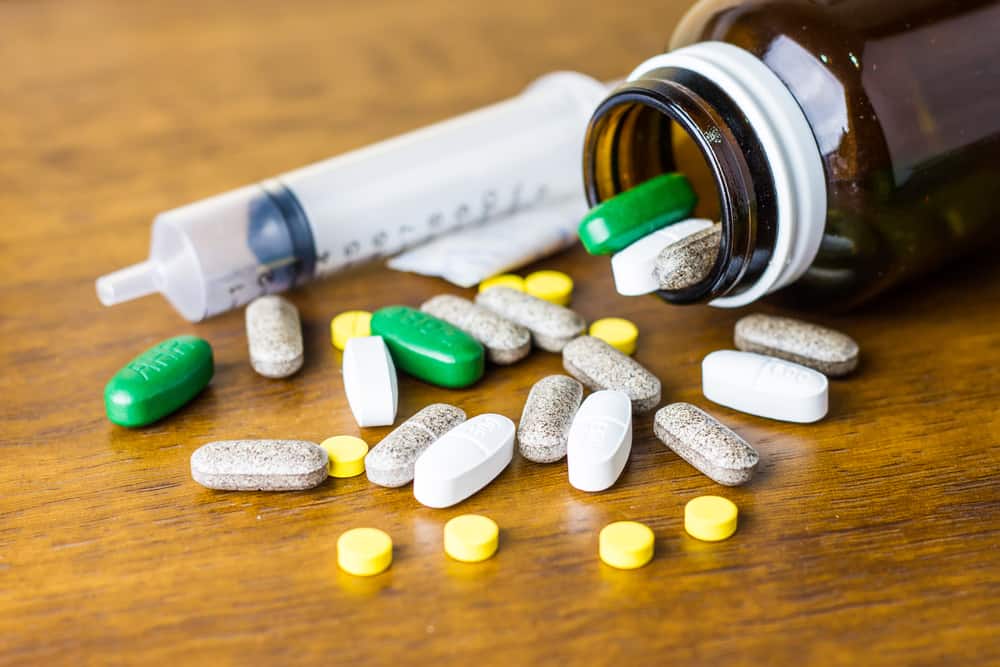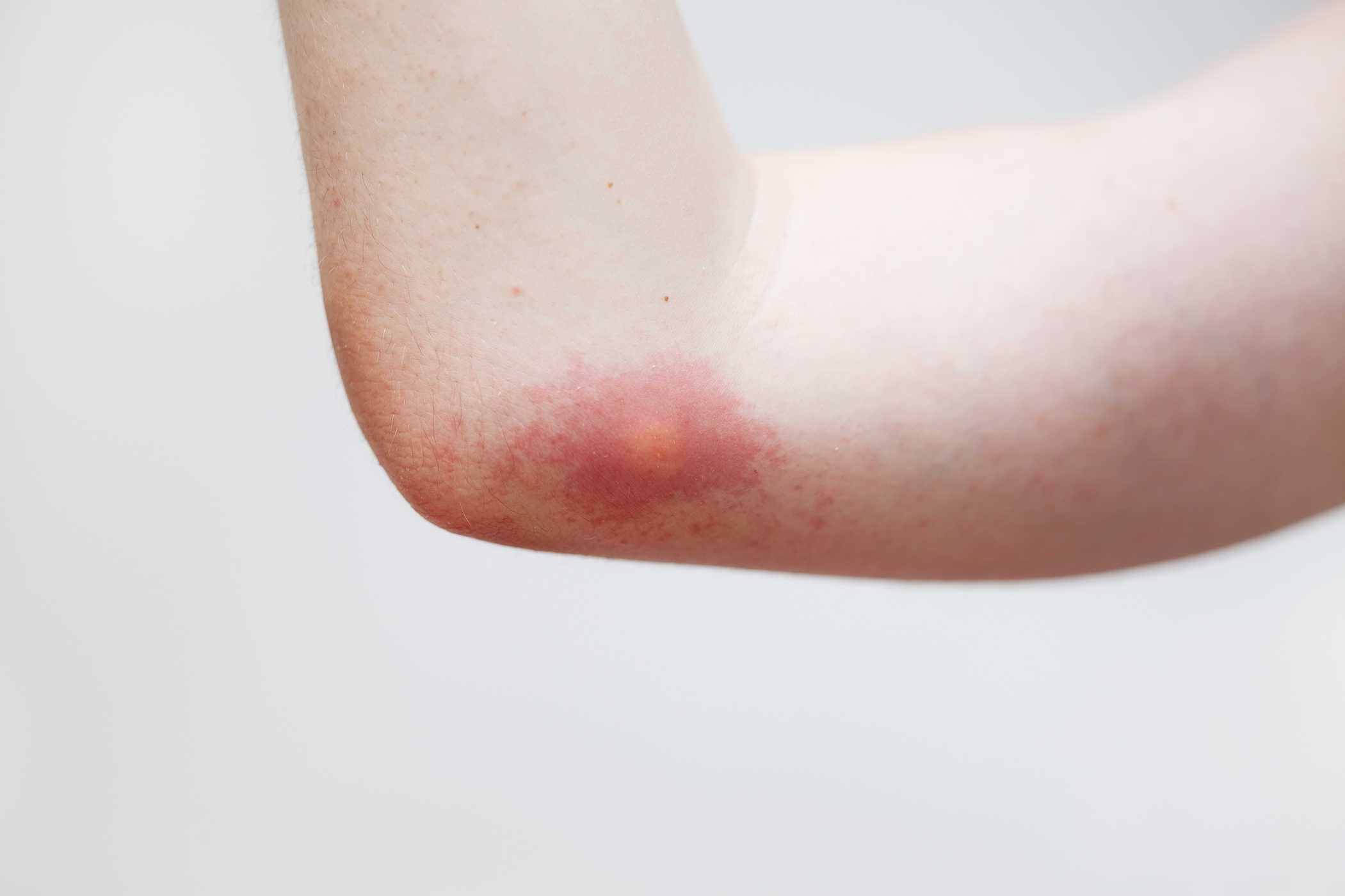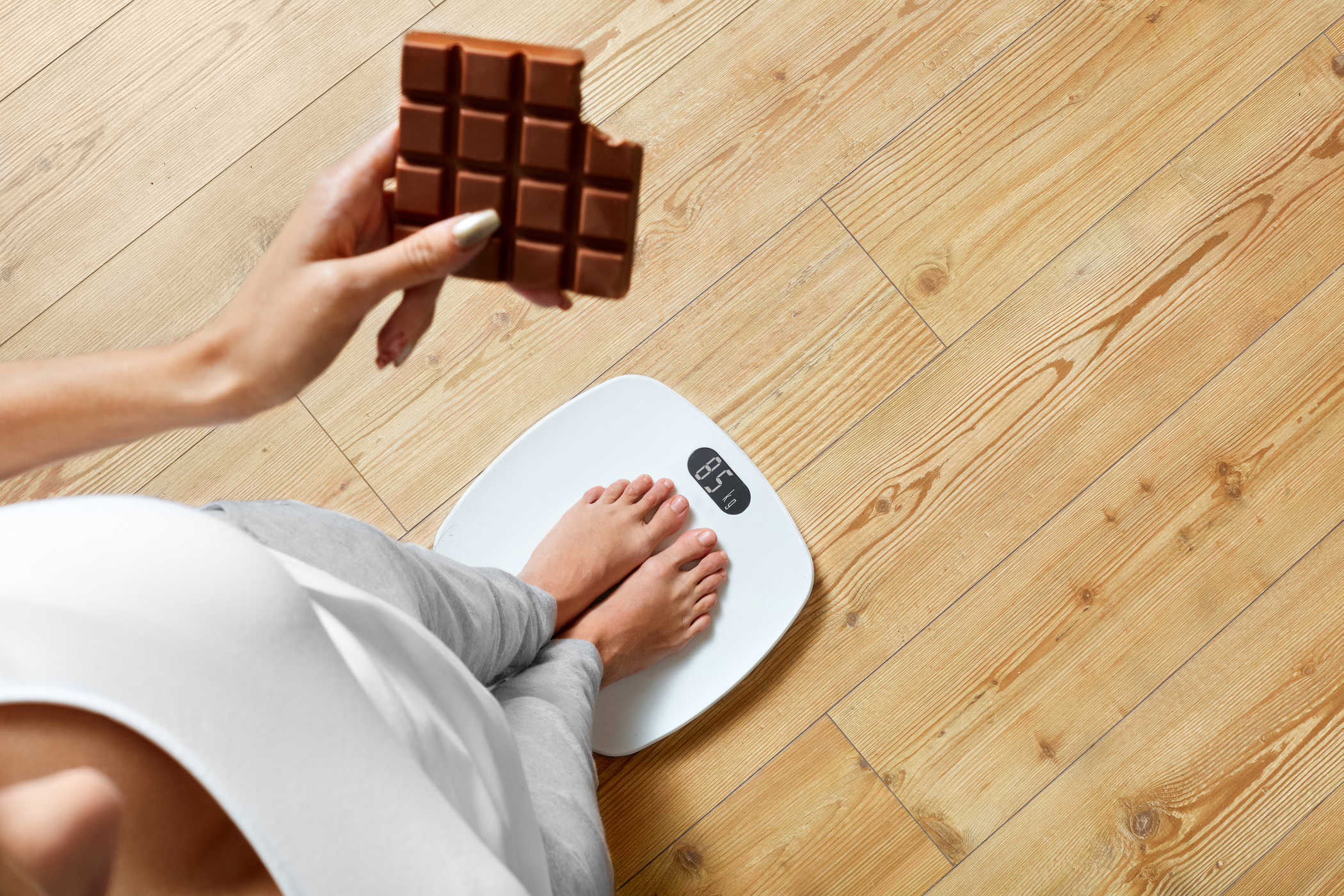Contents:
- Medical Video: Treating Low Blood Sugar | Hypoglycemia | Nucleus Health
- 1. Decongestants
- 2. Beta blockers
- 3. Niacin (nicotinic acid)
- 4. Corticosteroids
- 5. Antipsychotics
- 6. Statins
- 7. Certain antibiotics
Medical Video: Treating Low Blood Sugar | Hypoglycemia | Nucleus Health
When a person has diabetes, there are so many complications that can interfere with general health. For that, other treatments are needed outside of diabetes treatment to treat the condition. Unfortunately, there are several types of drugs that can cause blood sugar to rise. This should be a concern for diabetic patients and their families. So, what drugs can cause blood sugar to rise?
1. Decongestants
The first type of drug that can make blood sugar rise is the decongestant. Decongestants are a type of cold medicine to relieve symptoms of nasal congestion and sneezing. Usually this class of drugs includes pseudoephedrine and phenylephrine.
Both of these drugs do not contain sugar, but can stimulate the body to release sugar into the bloodstream. Because that decongestant can cause blood sugar levels higher than usual.
2. Beta blockers
This class of drugs is usually used to lower blood pressure, treat arrhythmias (irregular heartbeat), to reduce anxiety. Unfortunately, this drug can inhibit the production and work of the hormone insulin, which is the hormone responsible for processing sugar. As a result, glucose in the blood becomes uncontrolled.
3. Niacin (nicotinic acid)
Niacin is a type of B vitamin commonly used to reduce blood fat so that it can reduce bad cholesterol and increase good cholesterol. However, this drug can also raise blood sugar levels in people with diabetes.
A study published in the journal Heart in 2016 also states that niacin can increase a person's risk of developing diabetes. In addition, niacin can also trigger insulin resistance, a condition in which insulin does not work properly. Therefore, niacin can make blood sugar rise and difficult to control.
4. Corticosteroids
These drugs are used as anti-inflammatories and can cure joint pain, asthma, and allergies. Drugs included in the corticosteroid group can stimulate glucose production in the body. In addition, this drug also prevents glucose-carrying proteins in the tissue from reaching the cell membrane. In fact, this cell membrane occurs in the process of removing glucose from the blood.
Corticosteroid drugs taken and injected are more at risk of increasing blood sugar levels compared to drugs used in inhalers or applied as skin creams. Because the medicine to drink and injections enters the bloodstream in large quantities so the effect is also very large.
However, according to Dr. Timothy In-Chhu Hsieh, head of endocrinologist at Kaiser Permanente West Los Angeles Medical Center in California, short-term treatment with corticosteroids will not have a significant effect compared to long-term use. So, the actual use of this drug is still valid provided you take it under the supervision of a doctor and not be used in the long term.
5. Antipsychotics
Antipsychotics are used to treat a variety of severe mental illnesses, one of them is schizophrenia. Although schizophrenia is not a common disease suffered by people with diabetes, among people with schizophrenia the incidence of diabetes and the risk reaches 2-3 times greater than the general population. This is usually associated with family history, poor diet, and lack of exercise. BThe latest ukti also shows that some drugs used to treat schizophrenia can increase the risk of diabetes.
A statement from the American Diabetes Association and the American Psychiatric Association states that antipsychotic drugs specifically olanzapine and clozapine can increase blood glucose, increase body weight, and increase blood fat levels. These drugs also increase a person's risk of developing diabetic ketoacidosis, a complication of diabetes that is not common but very serious.
6. Statins
Statins are types of drugs used to reduce bad cholesterol (LDL) and prevent heart disease and stroke. However, its use can trigger high blood sugar. In addition, according to a study published in the journal BMJ Open Diabetes and Research Care that examined prediabetes patients for 10 years, there was a link between statin use and an increased risk of prediabetes to diabetes.
7. Certain antibiotics
An antibiotic group called fluoroquinolones is used to treat diseases such as pneumonia and urinary tract infections (UTI). These two drugs have also been shown to cause a decrease and increase in blood sugar levels. In addition, pentamidine, an antimicrobial drug used to treat certain types of pneumonia, can also cause an increase in blood sugar.
However, just because this group of drugs can increase blood sugar does not mean you should not take it for reasons that are not safe. You really need to be aware of the worst possibilities. Talking with your doctor before deciding to take it can be a wise way to get benefits while avoiding side effects that can endanger your health.












